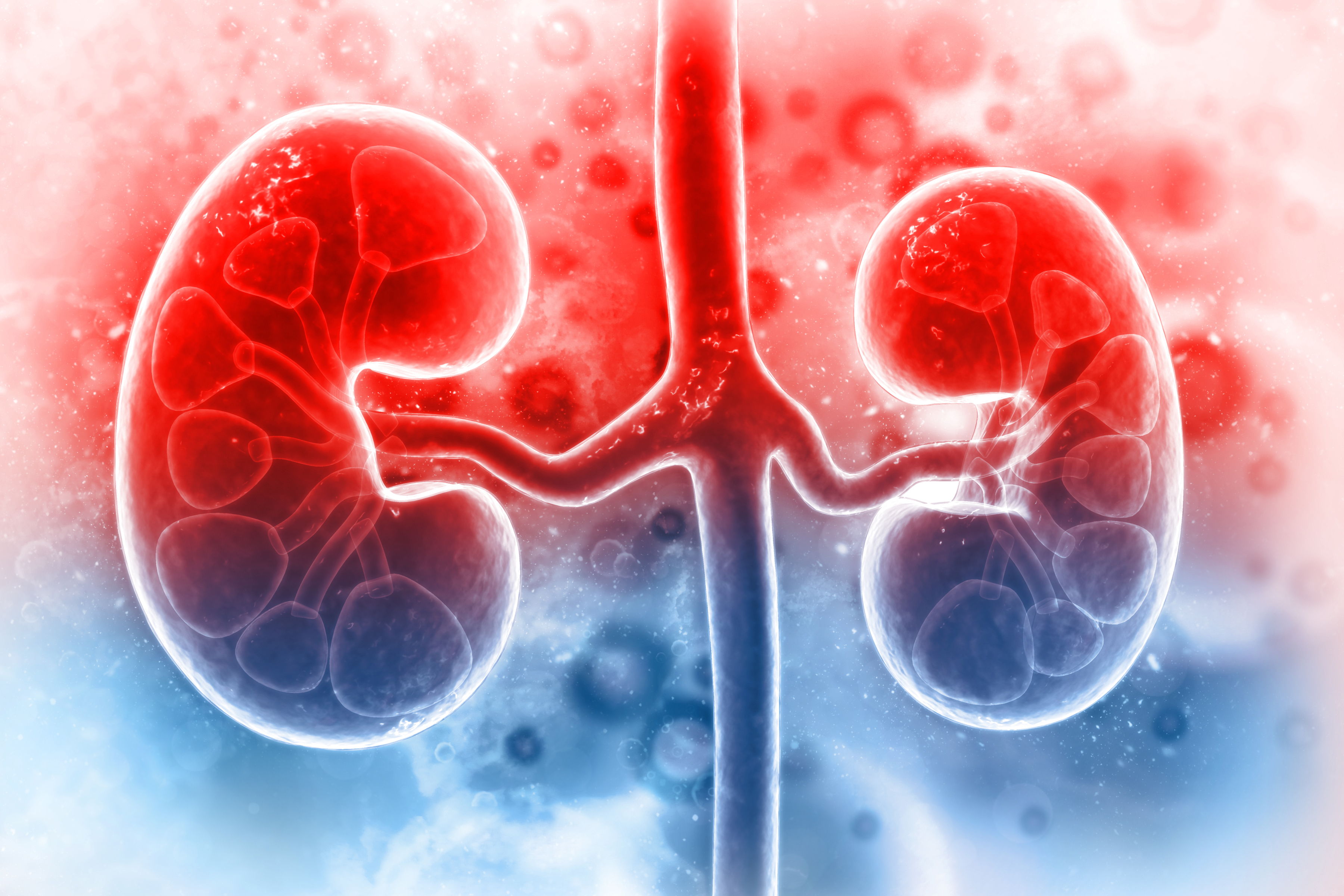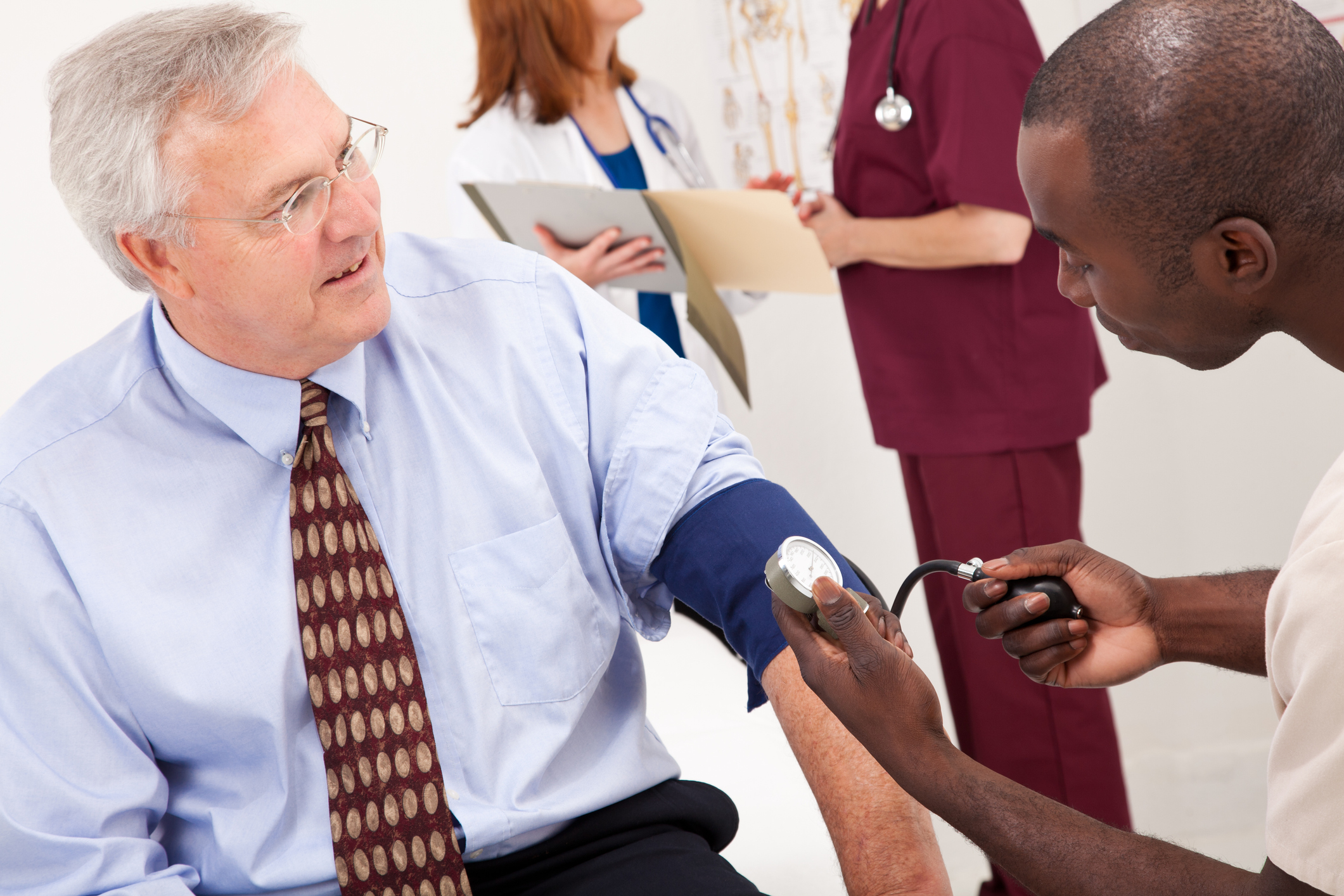Albumin and Chronic Kidney Disease
What is albumin? Albumin is a protein, found in animal sources such as meats, milk-products, and eggs. It is also found in plant sources such as beans, nuts, and seeds. Albumin provides the body with the protein needed to both maintain growth and repair tissues. It can also help with fluid removal during the dialysis treatment. If your albumin level is good, fluid will move more easily from swollen tissues into the blood, where it can then be removed by the dialyzer. For dialysis patients, the preferred range for the serum (blood) albumin is 4.0 g/dl or greater. What can cause your Albumin level to drop? [...]


